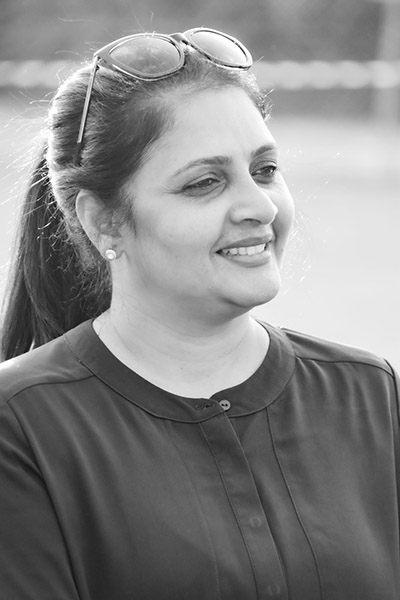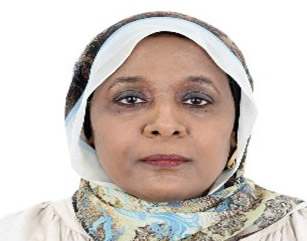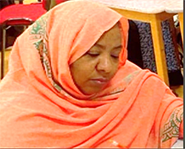
She remembered exactly when the books first arrived in her cupboard in 2007 -it had
always been there, quietly existing among lesson plans, corrected essays, and old
attendance registers.
A small pile of orange topped , single line exercise books, now pale with age.
Between the 800 plus sheets across nine notebooks, slept the earnest clumsiness of
youth. The ink had bled faintly through the pages, the corners curled, and a map —
sketched on rough white paper and folded like a secret — rested inside one of the
books.
It had been Vishnu’s gift. Or perhaps his surrender.
Two decades ago, he had walked into Mrs. Iyer’s classroom with those notebooks
pressed close to his chest. He was one of those quiet boys whose imagination lived
louder than his voice — the kind who wrote during lunch breaks and daydreamed
during equations.
“Keep them safe, Ma’am,” he had said, avoiding her eyes. “I can’t take them home
anymore.”
His father, an engineer with calloused dreams and practical ambitions, had declared
that writing was a hobby, not a future. Vishnu had nodded, but his fingers still
smelled of ink.
Mrs. Iyer remembered the way he had lingered at the door that day — a last look, a
small smile — before vanishing into the corridor of adulthood.
Years rolled by like chalk dust in the sunlight. Students came and went, carrying their
ambitions, their mistakes, their laughter. But the nine notebooks remained. Through
internal transfers, school renovations, home shifting , they stayed untouched on the
bookshelf — a small monument to the stories people leave behind.
Sometimes, on cool winter noon , Mrs. Iyer would open one of the notebooks. The
handwriting slanted with youth, the prose unpolished but alive. A whole world
unfolded — people with strange names, kingdoms and exiles, rivers and mountains
shaped like longing. The map, still creased but legible, bore the names of places that
could only have been imagined by someone who believed in forever.
She often wondered what had become of Vishnu. Whether he had learned to build
bridges of steel instead of words. Whether he still dreamed in ink.
Now, Mrs. Iyer found herself in her home study once more, staring at the notebooks .
Dust motes floated like ghosts of unwritten sentences.
She once again opened and read, tracing the edges of the first notebook with her
aging hands . The map, still telling a story along its folds. Yet, somehow, it still felt
incomplete.
That evening, she wrote a short letter and slipped it between the pages of the first
notebook.
“Dear Vishnu ,
You once asked me to keep your stories safe.
I did. But perhaps stories are not meant to be kept — only told.
They’ve waited long enough.
Mrs. Iyer ”
And with that, she sent out the story so that somewhere, anywhere it could find its
way back to him.
For stories, she thought, are like homing birds.
They always return — not to where they began,
But to where they are meant to be read.
Prabha Iyer Sundar
Headmistress -Phase 2


